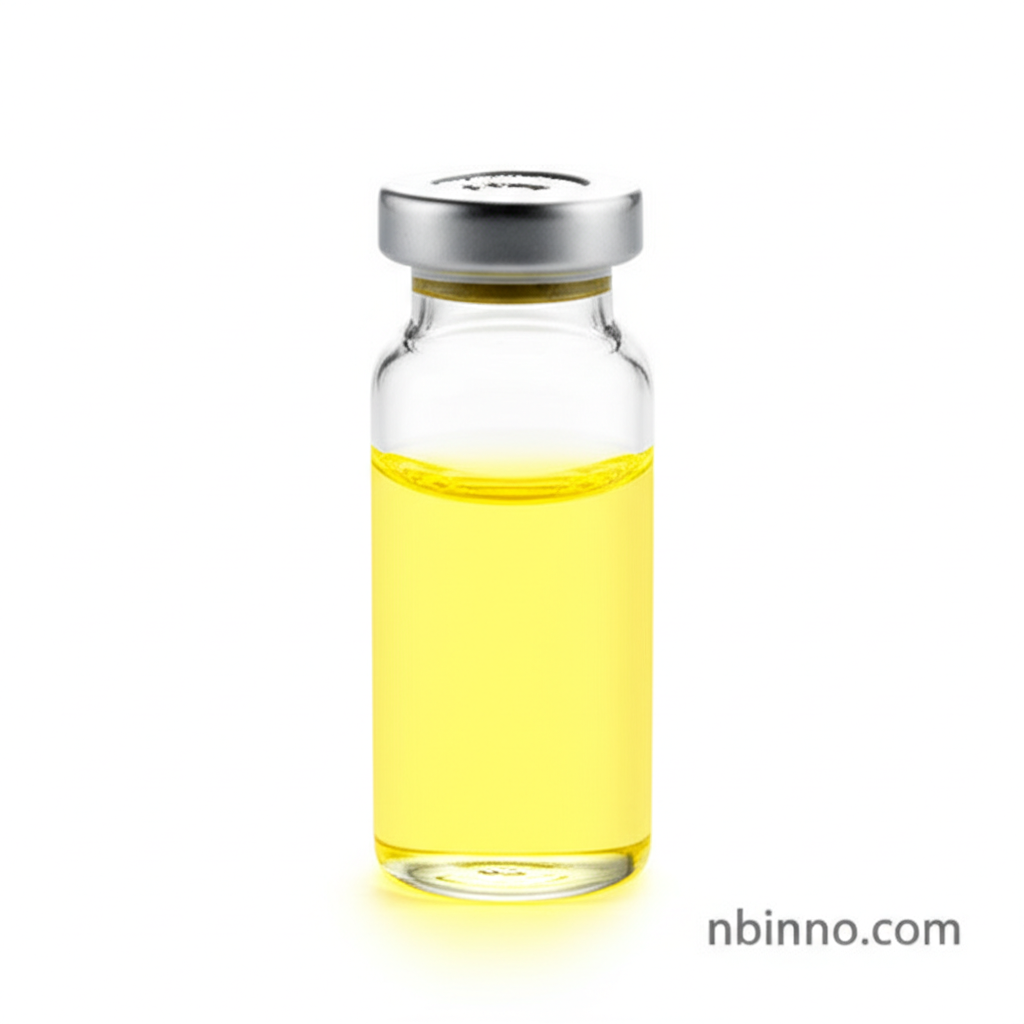Poly(ethylene glycol) Diacrylate: Advanced Material for Innovative Applications
Discover the versatility and unique properties of Poly(ethylene glycol) diacrylate (PEGDA), a key component in creating advanced hydrogels, 3D printed structures, and functional coatings for diverse industries. Explore its potential for your next project.
Get a Quote & SampleProduct Core Value

Poly(ethylene glycol) diacrylate
As a leading supplier of advanced chemical materials, we offer Poly(ethylene glycol) diacrylate (PEGDA), a bifunctional macromer renowned for its biocompatibility and degradable, environmentally friendly nature. PEGDA is instrumental in forming robust crosslinked networks through free-radical polymerization, making it a cornerstone for innovation in polymer coatings and other high-tech fields. Our commitment as a reliable manufacturer in China ensures consistent quality for your demanding applications.
- Leverage PEGDA for advanced 3D printing resins, enabling precise biofabrication with controlled swelling and stiffness characteristics.
- Explore the potential of biocompatible polymer coatings, utilizing PEGDA for enhanced surface properties in biomedical devices.
- Utilize PEGDA's unique properties in the development of hydrogels for tissue engineering and drug delivery systems.
- Incorporate PEGDA into your formulations for flexible device fabrication, benefiting from its excellent hydrophilicity and tunable mechanical properties.
Advantages Provided by the Product
Exceptional Biocompatibility
PEGDA is a key ingredient in creating biocompatible polymer coatings, essential for medical applications where interaction with biological systems is critical.
Tunable Material Properties
The availability of PEGDA in various molecular weights allows for precise control over crosslink densities and mechanical characteristics, supporting flexible device fabrication.
Versatile Polymerization
PEGDA readily initiates polymerization under various conditions (heating, light, radiation), offering flexibility in processing for applications such as 3D printing resins.
Key Applications
Hydrogels
PEGDA is widely used in developing hydrogels for tissue engineering scaffolds and drug delivery systems, benefiting from its role in biocompatible hydrogel development.
3D Printing
As a crucial component in photocurable resins, PEGDA enables precision biofabrication, a key aspect of modern 3D printing bioinks.
Biomedical Materials
Its inherent biocompatibility makes PEGDA an ideal material for advanced biomedical applications, contributing to the field of advanced biomaterials.
Coatings and Adhesives
PEGDA is utilized to create hydrophilic surface coatings and provide strong adhesion, supporting innovations in advanced polymer coatings.
